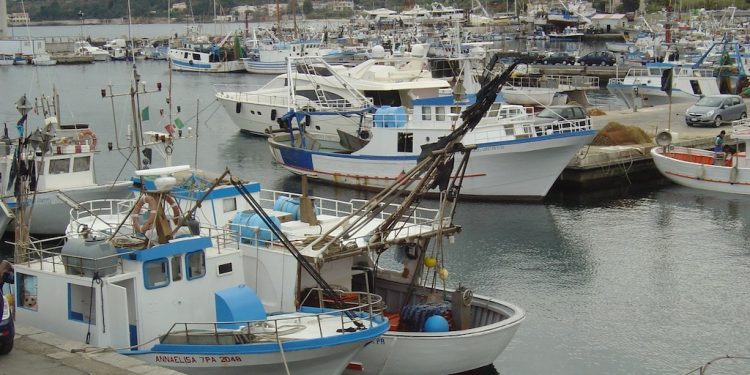Following the adoption of the Partnership Agreement 2021-2027 with Italy, the EU Commission has adopted the European Maritime, Fisheries and Aquaculture Fund(EMFAF) Programme for Italy, to implement policy priorities outlined in the European Green Deal.
The total financial allocation for the Italian programme 2021-2027 is €987.20 million over the next six years, of which the EU contribution accounts for €518.20 million.
49.80% of the programme’s allocation goes to sustainable fisheries, 32.80% will be invested in sustainable aquaculture and in processing and marketing, 10% will be dedicated to sustainable blue economy in coastal, island and internal regions and 1.40% will be invested in the strengthening of international ocean governance, all contributing to the EU’s environmental and climate objectives.
The programme aims to support sustainable fisheries, investments to comply with the landing obligation, conservation policies, reduction of the over-capacity of certain fleet segments, fisheries control and data collection, investments in fishing vessels to improve safety, health, hygiene, working conditions and in energy efficiency and decarbonisation in fisheries.
Sustainable aquaculture is also a focus, with investments in projects and for the diversification of farmed aquaculture species, energy efficiency and decarbonisation in aquaculture and the processing of the fish products, as well as in sustainable blue economy, development of coastal and island areas through Local Action Groups (LAG), and in international ocean governance, marine knowledge, maritime surveillance and coast guard co-operation.
‘I am delighted to announce the adoption of the EMFAF programme for Italy which will support sustainable investments in aquaculture and fisheries and accelerate the green and digital transition of the sector,’ said Commissioner for Environment, Oceans and Fisheries Virginijus Sinkevičius.
‘The programme will support the protection and restoration of aquatic biodiversity and ecosystems. It will also promote sustainable aquaculture and processing activities as well as stronger fisheries, aquaculture and processing sectors in Italy.’









